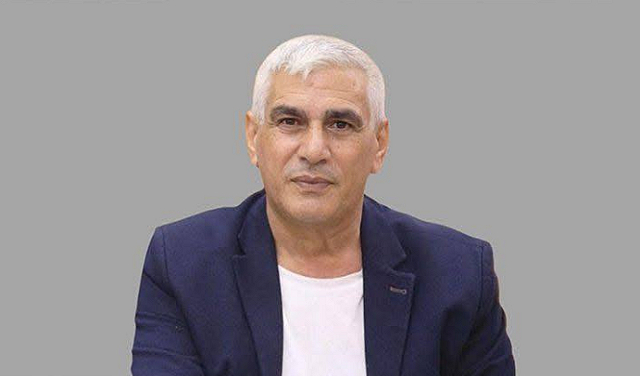How Many Times Have We Declared Our State?
Al-Khamisa News Network - Gaza

By Dr. Nasser Al-Laham
In 1948, after the British Mandate left Palestine and assisted Israel in declaring its establishment on Palestinian land, Haj Amin al-Husseini announced the All-Palestine Government in Gaza. The experiment, however, did not reach completion due to international and Arab circumstances.
In 1988, inspired by the climax of the stone intifada and at the November meeting in Algiers, the Palestine Liberation Organization adopted the idea of declaring independence to mirror events on the ground. While most Palestinian cities were enduring harsh conditions and curfews, leader Yasser Arafat declared the independence of Palestine. That declaration symbolized more the proclamation of the PLO’s independence as a state in exile than a genuine independence for Palestine. Indeed, the PLO was consolidated as the entity to enter into difficult secret and public negotiations that later led to the Oslo agreements in 1995.
In the 1990s work began to cement the symbols of authority as a rehearsal for statehood (legislative elections – declaration of a basic law – formation of ministries – checkpoint police and maritime police – a port and an airport…).
In 2000 the transitional period of the Oslo agreements, set for five years, was supposed to end, and the Israeli prime minister and the U.S. president were expected to announce their agreement to the establishment of a Palestinian state on only 27% of historic Palestine. But the Israeli right assassinated Prime Minister Yitzhak Rabin and began to divert the agreements from their course, turning them into constraints on the Palestinians: neither did they provide a state nor did they restore a “revolution,” and they have trapped everyone in a harmful negative transition for thirty years.
In 2008 Palestinian Prime Minister Dr. Salam Fayyad announced his administrative, financial and national plan to declare a Palestinian state in 2011, and the Palestinian Authority and presidency invested great effort toward that goal, culminating in President Mahmoud Abbas’s famous speech to the United Nations in 2012, which resulted in recognition of the State of Palestine by 130 countries. Yet successive U.S. administrations repeatedly thwarted these efforts and did not hesitate to use the veto in ways critics called unethical and outside international political norms.
For more than a decade President Mahmoud Abbas has turned his annual UN speeches into calls for recognition of the State of Palestine, making the issue part of the agenda of countries around the world.
Although the occupying governments have responded with excessive military and settlement measures to these symbolic recognitions, Israel has failed in an unprecedented way on the international and Arab stages.
This time the old colonial powers and the great Western states are joining in recognizing the State of Palestine. Ministers in Netanyahu’s government can dismiss the matter as they wish, and can erect a thousand iron gates at the entrances to West Bank towns and villages, but this brings us to established historical facts:
– There is no solution except a political solution.
– It may take ten years to rebuild the Gaza Strip, and twenty years to restore freedom to the West Bank and Jerusalem. But Israel has lost what it had achieved over a century on the world stage.
– The Abraham Accords project has ended and died in its cradle due to Trump’s greed and Netanyahu’s recklessness. Netanyahu and Trump may have gained four years in power, but the United States and Tel Aviv lost a rare historic opportunity that will not return for three generations.
– Extremists in Israel and even some well-meaning simple people among us will try to belittle and mock the recognition of Palestine by states around the world, but that does not mean there is no major international shift in favor of a Palestinian state.
– Patience and steadfastness are a deep philosophy, provided there remains a pure and resilient core that accumulates achievements and thinks about the future of coming generations rather than its own future or personal gains.






